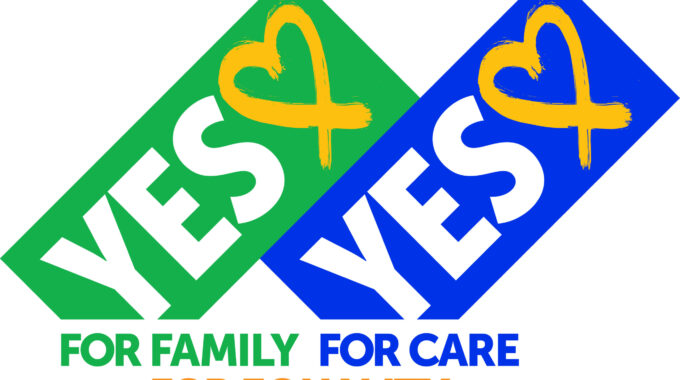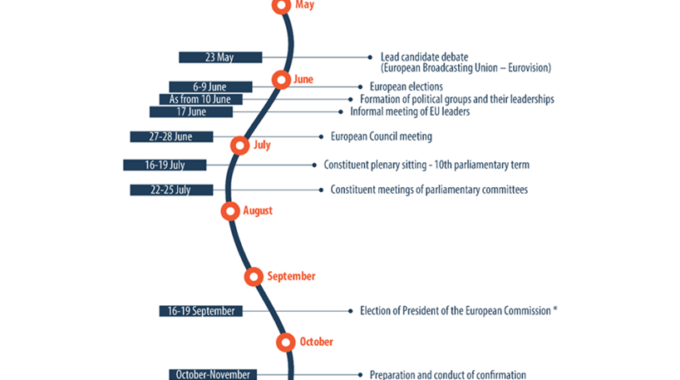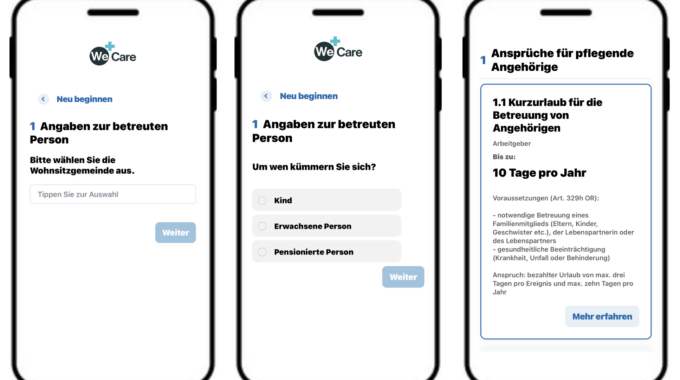
Ireland to vote on Referendums On Family And Care
On March 8, Irish people will vote in two referendums to change the Constitution’s references to ‘women in the home’, insert recognition for family carers and expand the definition of the family. Specifically, the referendums will seek approval for the following changes to the wording of the Constitution:
- amend Article 41 to provide for a wider concept of family beyond just the marital family, and
- delete Article 41.2 (which refers to the role of women in the home) and insert a new Article 42B to recognise family carers.
Article 42B seeks to recognise the immense value of the care and support which family members give to one another and to create an obligation on the State to support Ireland’s 500,000+ family carers. If passed, Ireland would be among the first countries globally to place the explicit recognition of family care at the heart of our nation’s founding document. As the national charity representing family carers, Family Carers Ireland will be campaigning for a ‘YesYes’ vote in support of care, compassion and equality for all.
Article 42B Wording
‘The State recognises that the provision of care, by members of a family to one another by reason of the bonds that exist among them, gives to society a support without which the common good cannot be achieved, and shall strive to support such provision.’
Why Vote Yes?
- To provide constitutional recognition for Ireland’s 500,000 family carers, men and women.
- To remove the outdated reference to ‘women in the home’.
- To create an important constitutional affirmation of the essential good that care work provides to society and the State.
- To enhance public recognition of caring as a vital contribution to society, rather than an invisible or undervalued task.
- To place an onus on the State, and all future Governments to do more to support carers leading to improved access to services, financial support, and recognition of carers’ rights.
- To help make Ireland a better, more caring, inclusive and gender-equal place to live, care and be cared for.
- To create more equitable sharing of caring roles; recognising and supporting both male and female family carers.





